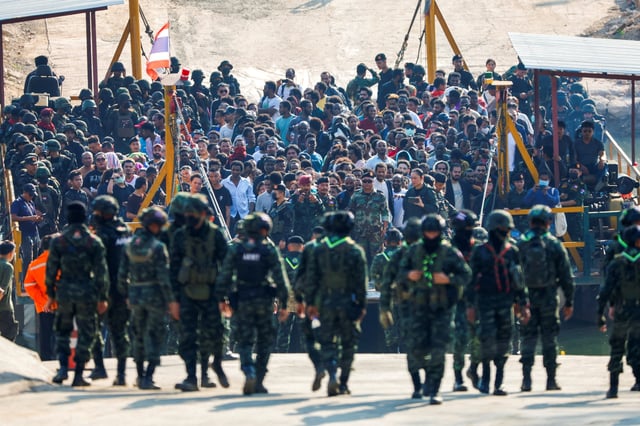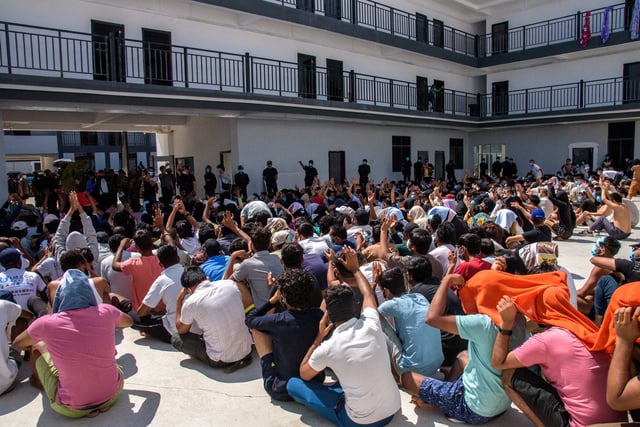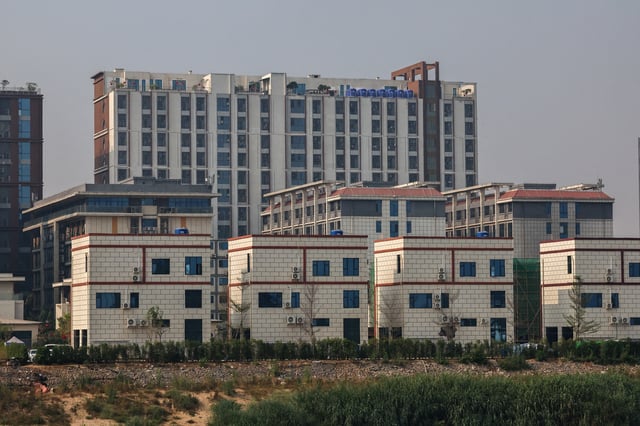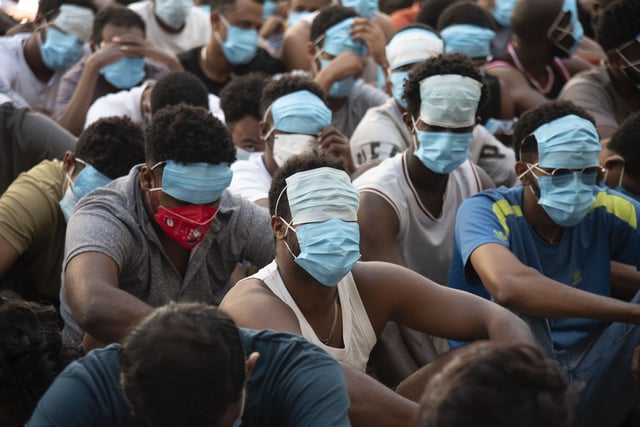Overview
- Hundreds of large-scale scam centers, originally based in Southeast Asia, have expanded globally, generating nearly $40 billion annually, according to the UNODC report released Monday.
- The scam networks exploit trafficked workers in sprawling compounds, forcing them to execute online scams targeting victims worldwide through romance, investment, and gambling fraud.
- Crackdowns in Myanmar, Cambodia, and Laos have pushed syndicates to relocate to remote areas and expand operations into Africa, South America, Eastern Europe, and even Pacific islands.
- Criminal groups have diversified their workforce, recruiting individuals from over 50 nationalities, and partnered with transnational crime organizations to launder money through cryptocurrency and underground banking.
- The UNODC report warns that without stronger international cooperation, these adaptable and tech-savvy syndicates will continue to evade enforcement and scale their operations further.



